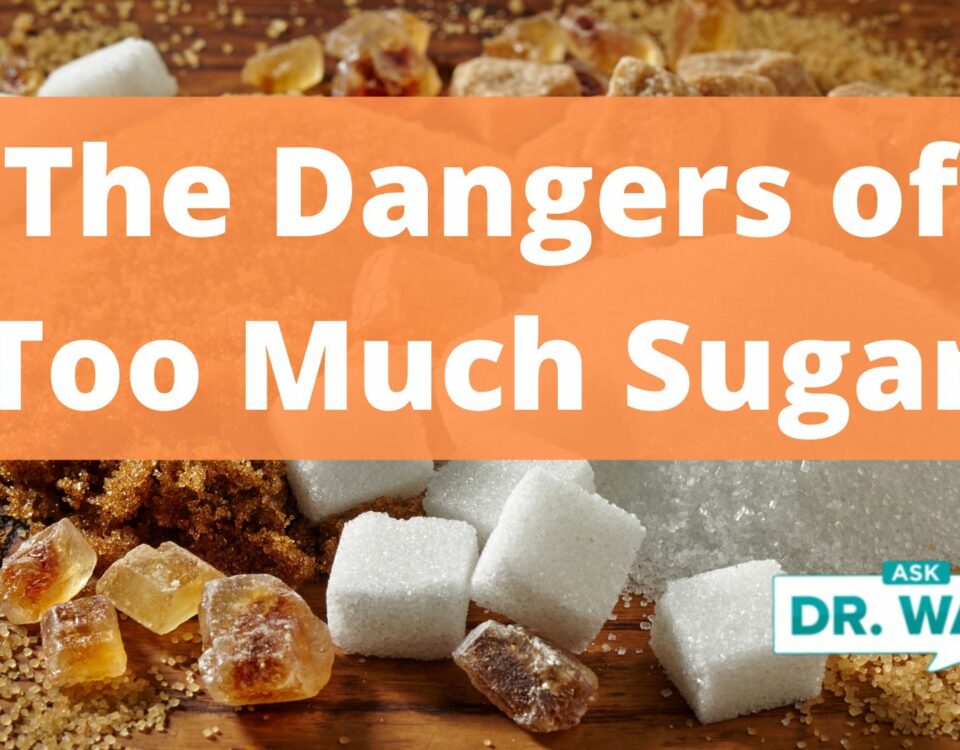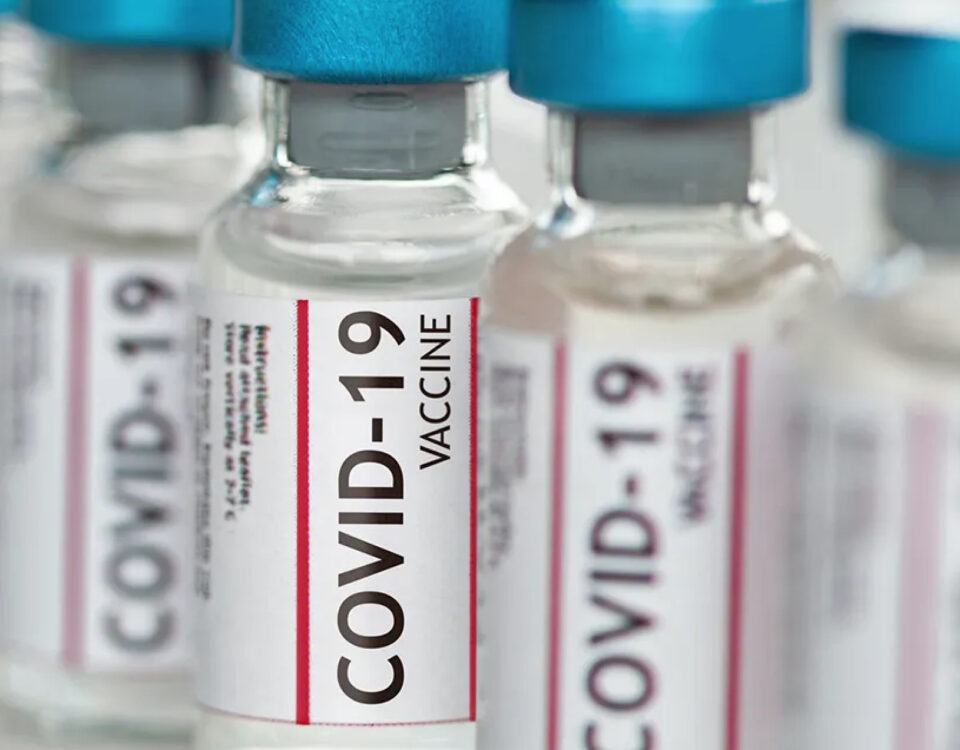CDC Report: Most teens not sexually active, abstinence education works
Cardiovascular safety of non-steroidal anti-inflammatory drugs (NSAIDs)
April 13, 2011Secondhand smoke may increase women’s risk for delivering stillborn babies
April 15, 2011New data released by the Centers for Disease Control (CDC) confirms what will be a surprise to most folks—the majority of teens are NOT sexually active—making it appear that the abstinence education message is getting through to them.
According to 2006-2008 survey results released by the National Center for Health Statistics, 68% of boys and 67% of girls between the ages of 15 and 17 have never had sexual intercourse.
The new data also shows overall sexual contact trends are also moving in the right direction with 53% of boys and 58% of girls 15-17 reporting that they have never had any kind of sexual relations with any partner.
The findings come from the 2006-2008 National Survey of Family Growth and examine response from 13,495 teens and adults ages 15-44, including 5,082 ages 15-24. Here are the details in a report from LifeNews:
“The perception is all kids are engaging in oral sex. Obviously, that’s not the case,” Jennifer Manlove, a senior research scientist told LifeNews.com.
“They may be more in control of their behaviors than we think.”
Valerie Huber of the National Abstinence Education Association that these numbers are a positive change from 2002 when only 46% of boys and 49% of girls reported no sexual contact and she says the report challenges the wisdom of the recent federal funding cuts to abstinence education.
“One hundred sixty-nine abstinence education programs lost funding and over 1 million students lost access to the very programs that can support and encourage the positive trends represented by this data,” she told LifeNews.com. “If we are serious about decreasing teen sexual activity, we need to use the data to instruct public policy.”
She continued, “Funding priority should be given to programs that support this healthy trend rather than capitulating to those who want to normalize sex among teens and simply offer contraception as a solution. The data renders ‘null and void’ the ‘abstinence is unrealistic’ claims made by anti-abstinence advocacy groups.“
“Our national sex education priorities should seek to further improve these numbers by providing teens with programs that help them to successfully wait for sex . We must insure programs that support sexual risk avoidance are available to as many youth as possible,” Huber said.
The new report comes on the heels of another recently-released report by HHS that showed the majority of teens support premarital abstinence in general and for themselves.
Huber said her group calls on Congress to reinstate abstinence education as a community-based approach in the FY 2012 budget.
“The data is clearly siding in favor of a renewed priority on the risk avoidance abstinence education approach… and it just happens also to be the healthiest option for teens,” she concluded.
See the full CDC report here.






